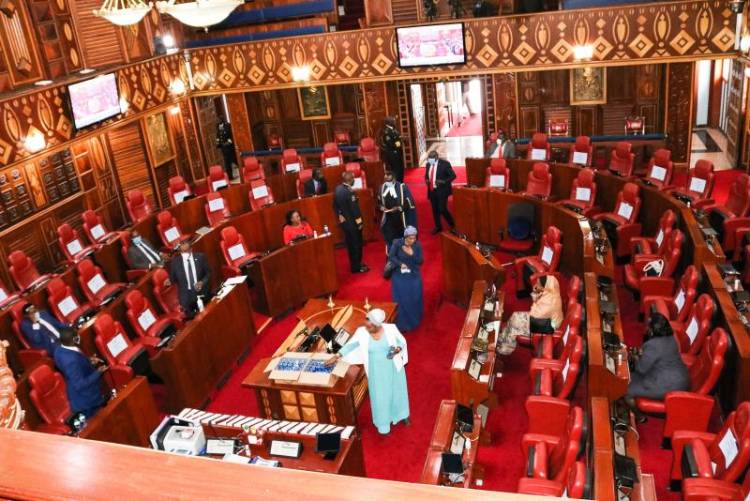×
The Standard e-Paper
Kenya’s Boldest Voice

Sipping coffee in the cool evening breeze of the Safari Park Hotel in Nairobi on February 24 this year, senior government technocrats, governors, legislators and political strategists from President Uhuru Kenyatta’s Mount Kenya backyard had one agenda on their order paper.
They were there to adopt a common list of recommendations to the Building Bridges Initiative (BBI) steering committee, which was due to attend a rally at Kinoru Stadium in Meru County.